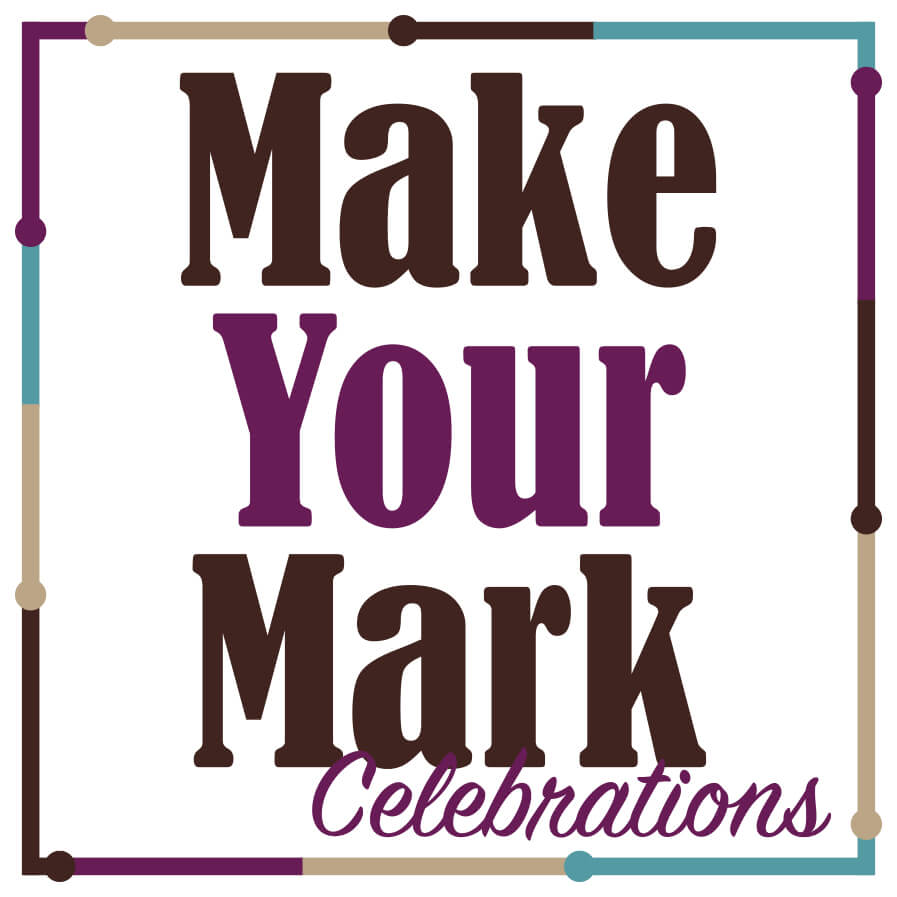30 Dec Sleep Improvement After Quitting Alcohol: A Timeline of Recovery
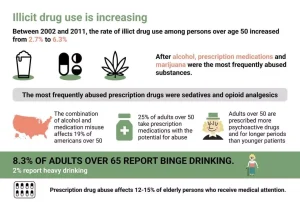
When you spend time with others, you naturally stop focusing on yourself and live in the present. Instead of drinking alcohol, consider visiting recreational or community center in your neighborhood or taking up a new hobby. Initially, alcohol can increase non-rapid eye movement (NREM) sleep, including deep sleep (slow-wave sleep). This leads to increased sleep disruptions and decreased sleep efficiency.
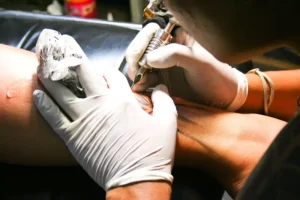
Can I bring a CPAP machine to prevent snoring on a plane?
- This episode of The Verywell Mind Podcast, featuring neurologist and sleep expert Chris Winter, shares strategies for sleeping better at night.
- The importance of sleep in overall health and well-being cannot be overstated.
- This happens because sleep helps to balance the hormones that make you feel hungry or full.
- While everyone’s timeline is different, many people start to feel the benefits of sobriety more fully with two weeks down.
- Rehab is instrumental in managing this condition, offering structured support, setting regular sleep schedules, and incorporating relaxation techniques.
- Reclining can cause your tongue to fall back into your throat, blocking airflow.
The body’s internal clock, which regulates the sleep-wake cycle, becomes more synchronized without the disruptive influence of alcohol. It’s important to note that while these improvements are encouraging, they may not be consistent every night. Some individuals may still experience occasional sleep disturbances or hangover anxiety, especially if they’re how to sleep without alcohol dealing with other stressors or adjusting to new sleep routines. However, the overall trend is typically towards better sleep quality. The idea of attempting to sleep without alcohol can causeanxiety, which can lead to more drinking, perpetuating the cycle of alcohol abuse.
The Harmful Belief: Alcohol as a Stress Reliever
Here are a few steps you can take to give yourself support and guidance throughout a month without alcohol. After contemplating your future with alcohol, you might also experience stronger than usual alcohol cravings. Learn on the strategies that have worked for you in the past to get through these urges.
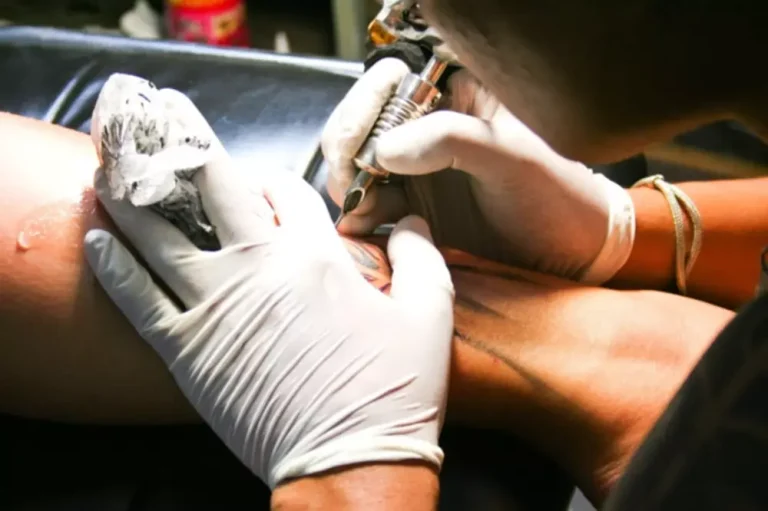
Spend time in nature

Here’s what you need to know about trouble sleeping without alcohol. Unfortunately, if you need alcohol to sleep, you may struggle long-term. And you might notice the difference in a matter of days — 80% of users get better sleep within five days. The more sleep debt you have, the worse your energy, mood, and productivity will be. Navigating the journey to sleep better without alcohol can be challenging but is incredibly rewarding. If you need support or guidance on this path, Uplift Recovery is here to help.
In 2024, 25% of US adults who regularly drink alcohol completed the Dry January challenge. But knowledge is power, and to help set expectations, I’ll be sharing some common experiences I’ve seen with my recovery coaching clients, and in my own sobriety journey. Alcohol can also cause an increase in blood pressure, particularly if you are struggling everyday to detoxify yourself.
Establishing a fixed bedtime and wake-up time assists the body in normalizing its sleep pattern, which is often disrupted during alcohol withdrawal. Even as the harsh symptoms of withdrawal fade, sleep disturbances could persist. Research shows that individuals recovering from alcohol use disorder often continue to experience fragmented sleep, insomnia, and difficulties achieving appropriate sleep duration.
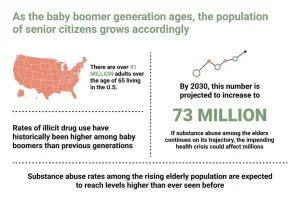
- Now you can check out the farmers’ market, go on a long walk, or make some progress on that DIY project.
- People experiencing insomnia-related impairments in their daily life may benefit from a healthcare provider’s expertise.
- The physical symptoms of withdrawal will be past their worst for most people, and the benefits of quitting alcohol will start to be noticeable.
- The circadian rhythm – the innate biological clock that manages our sleep-wake cycle – holds a crucial role in this narrative.
- Find a routine and stick to it, try some natural sleep aids, avoid caffeine before bed, get some exercise, and create a relaxing bedtime ritual.
- A growing number of people have had success using kratom to reduce the symptoms of alcohol withdrawal, including insomnia.
There are many styles of yoga including Ashtanga, Bikram, Kundalini, and restorative yoga. Additional benefits https://ecosoberhouse.com/ of yoga include increased muscle strength and tone, improved sleep, and increased flexibility. Research from 2020 suggests that taking a walk outdoors can reduce your stress levels and decrease symptoms of anxiety and depression. Alcohol affects the pleasure and reward system within your brain by increasing dopamine levels, making you believe you feel great. Using alcohol as a coping mechanism can have short- and long-term negative impacts in many areas of your life.
Examine alcohol health effects
Meditation, in particular, aims to focus the mind and detach it from daily stressors that could hamper sleep quality. Similarly, deep breathing exercises can shift the body’s response from ‘fight or flight’ stress mode to a calm and relaxed state, conducive to restful sleep. Yoga combines both physical movement and mindfulness, making it a powerful tool to improve sleep quality. Studies suggest that generally, insomnia symptoms are most challenging during the first few days of quitting. This is when the body is actively detoxifying, resulting in restlessness and unstable sleep patterns.
